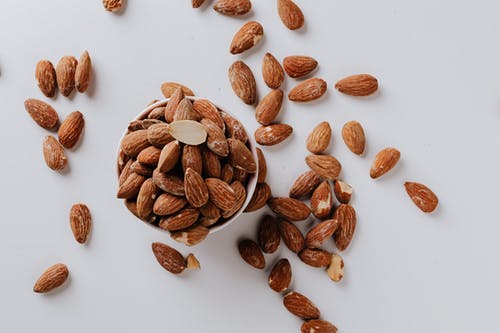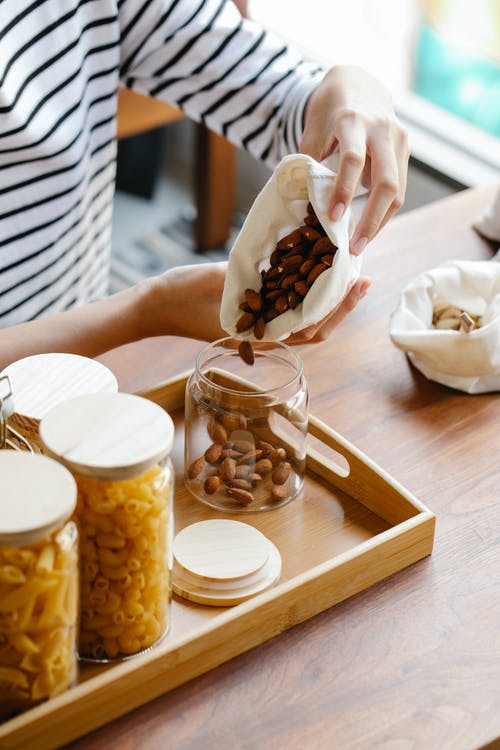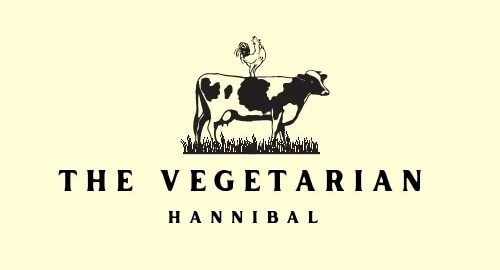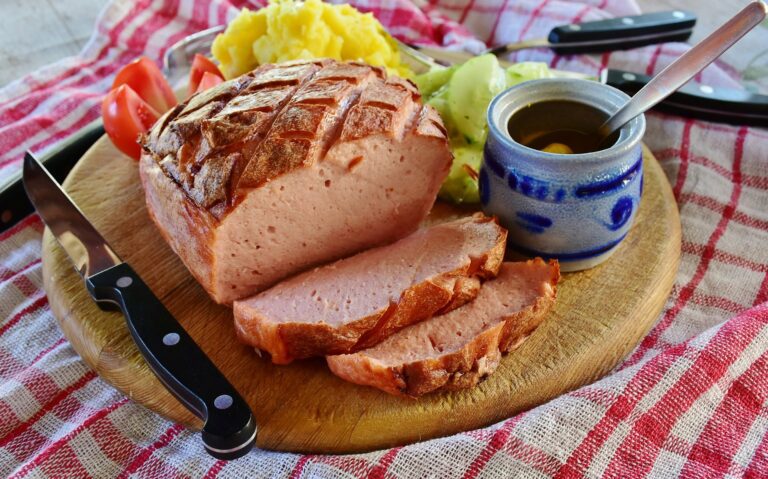Vegan Protein Sources

If you’ve decided to go vegan, one of the most important things to know is where to meet your protein needs. Every healthy individual needs a daily protein intake. Naturally, when you are vegan, you should choose your protein sources well. Here’s a list of vegan protein sources you need to incorporate into your vegan diet to maintain your body balance and health:
Discover the best plant-based sources of protein to boost your intake as a vegan, including pulses, tofu, quinoa, nuts and seeds, grains, and vegetables. According to the BBC’s news, protein is an essential part of our nutrition, making up about 17% of the body’s weight and it is the main component of our muscles, skin, internal organs, especially the heart and brain, as well as our eyes, hair, and nails.
The protein, which also provides the production of antibodies necessary for the immune system to fight infections, also plays a role in regulating blood sugar, burning fats, and energy function. When the protein is taken in the right amount, it significantly improves human health. It is highly found in foods such as different cereals, pulses, and rice. Therefore, they are also the best options for those who adopt vegan nutrition.
The Reference Nutrient Intake (RNI) for an average adult is set at 0.75g of protein per kg of body weight per day. So an adult weighing 60kg needs 60 x 0.75g per day, which is 45g. A person weighing 74kg would need 74 x 0.75g per day, which is 55g.x
Vegan Protein Sources
1. Quinoa
It’s a complete source of protein. It is one of the most popular options of a vegan diet in recent years, with the addition of desserts, breakfasts, and dinners. 100g of quinoa (cooked weight) will provide almost 4g protein.
2. Pulses
· Lentils including Puy, green, and red: around 8-9g of protein per 100g
· Chickpeas, including hummus: 7g of protein per 100g
· Garden peas – around 7g per 100g
· Beans, including black-eyed, pinto, butter, cannellini, soya, edamame, and kidney: between 7-10g protein per 100g
· Baked beans do count as a good source of protein but keep an eye on the salt content: 5g per 100g.
3. Tofu
Tofu, or bean curd, is derived from soya and just 100g of tofu provides 8g protein.
4. Nuts and Seeds
· Hemp seeds – 5g per heaped tablespoon
Ground linseed – 3g per heaped tablespoon
· Almonds – 3g of protein for every six almonds
· Walnuts – around 3g of protein for every three whole walnuts
· Pumpkin seeds – 4g per tablespoon
· Pistachios – just over 1g of protein over 10 pistachios
· Cashew nuts – 3g per 10 cashew nuts
· Brazil nuts – 4g per six Brazil nuts

5. Chia Seeds
6. Buckwheat
7. Oats
8. Brown and Wild rice
9. Other Grains
· Spelt – over 5g of protein per 100g
· Teff – over 4g of protein per 100g
· Amaranth – over 4g of protein per 100g
· Sorghum – over 8g of protein per 100g
10. Some Vegetables
· Asparagus – almost 2g of protein per six spears
· Avocado – over 1g per ½ an avocado
· Broccoli – almost 3g per 80g broccoli
· Brussels sprouts – around 2g per 80g Brussels sprouts
· Cauliflower – 1.5g per 80g serving
· Jerusalem artichokes – over 1g of protein per 80g
· Kale – almost 2g per 80g serving
· Spinach – 2g per 80g serving
· Sweetcorn – over 2g for every three heaped tablespoons
11. Nutritional yeast
12. Green peas
13. Spirulina
A 2-tablespoon (14-gram) serving provides 8 grams of complete protein, in addition to covering 22% of your daily requirements for iron and 95% of your daily copper needs.
14. Soy milk
15. Mycoprotein
Mycoprotein is a plant-based protein derived from Fusarium venenatum, which is a type of fungus. It’s mostly used to make hamburgers with vegetables. It’s used in all of the alternatives known as vegan meat.
16. Vegan Ice Cream
17. Spinach
18. Seitan
19. Mushrooms
20. Bulgur
21. Adzuki Beans
Check out our other articles about veganism and the vegetarian lifestyle.
- Vegan Religions
- Vegan Restaurants in London
- Was Jesus Vegan?
- Vegan celebrities
- What is veganism?
- Do vegans eat honey?
- Vegan vs Vegetarian | Vegetarian and vegan diets
- Vegetarian Restaurants in Chicago
- Vegan meat alternatives
- Do vegans eat eggs?
Check out my vegan and vegetarian recipes:
https://www.mindbodygreen.com/0-11240/what-6-world-religions-have-to-say-about-vegetarianism.html
https://www.bbcgoodfood.com/howto/guide/best-sources-protein-vegans







